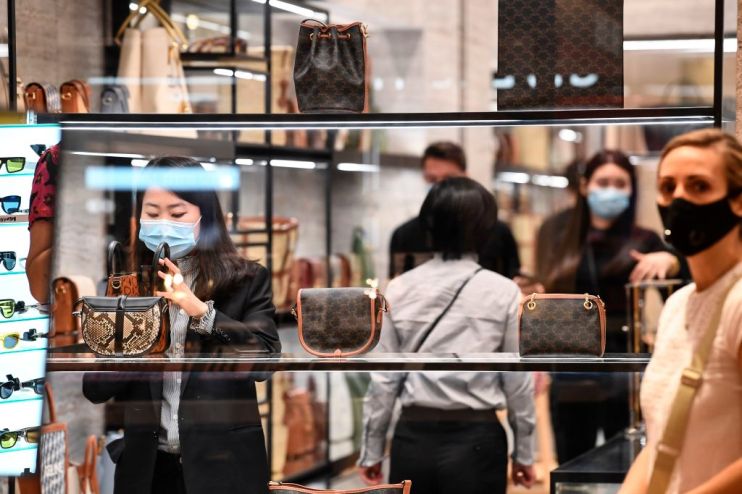Eurozone inflation defies expectations with rise as economies re-open

Eurozone inflation rose in June after hitting a four-year low in May as economies across the bloc began to re-open following lockdowns.
Consumer prices in the bloc rose 0.3 per cent in June month-on-month, defying economists’ expectations that they would remain flat as the negative impact of low energy prices decreased.
The European Union’s statistics office Eurostat said on Tuesday that consumer prices in the 19-country area also increased 0.3 per cent year-on-year, following inflation of just 0.1 per cent last month.
However the headline inflation reading is still far below the European Central Bank’s target of below, but close to, two per cent over the medium term.
Eurozone energy prices were down 9.4 per cent year-on-year, following an 11.9 per cent plunge in May, while unprocessed food prices were 5.9 per cent higher after a 6.7 per cent increase in May.
Core inflation — a measure without these two volatile components that the European Central Bank (ECB) watches closely in policy decisions — grew 1.1 per cent in annual terms, as expected and the same increase as in May.
An even narrower inflation measure excluding also alcohol and tobacco prices that many market economists look at, dipped to 0.8 per cent year-on-year from 0.9 per cent in May. This was also in line with expectations.
The region’s economy is set to contract over eight per cent this year, with ECB President Christine Lagarde arguing that the pandemic may change how some aspects of the eurozone function forever.
Confidence is slowing starting to rebound in the region as countries begin to re-open their economies following lockdowns to contain the spread of the virus, but the continued spread of the disease across the world is stoking fears of a possible second wave, leading to a second round of lockdowns.
Inflation readings were mixed across eurozone member states, with prices accelerating faster than expected in Germany as service providers were hit by higher costs linked to stringent hygiene requirements at venues such as restaurants and hair salons.
In France however, the rate of inflation dipped to a four-year low as food prices fell sharply compared to the previous month.